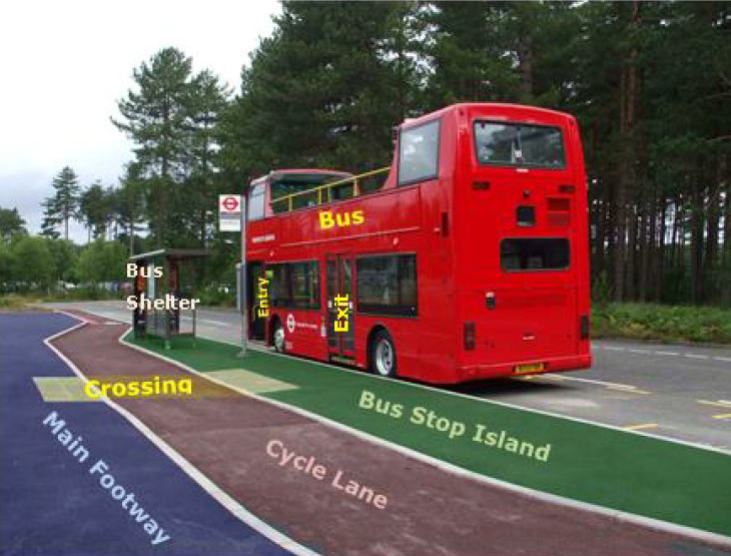- Inclusive Mobility: A guide to best practice on access to pedestrian and transport infrastructure (published in 2002); and
- Guidance on the use of tactile paving surfaces (published in 1998).
In 2018 DfT commissioned TRL to conduct a scoping study, involving a literature review and stakeholder consultation, which concluded that these documents need updating and identified several areas to be considered. The results of the Scoping Study were published as Updating Guidance on the Accessible Public Realm (Greenshields, Wells, Barham & Dales, 2018). The report identified six specific areas where further research is needed before the task of updating the written guidance can be undertaken. These were:
- Understanding why the real-world provision of tactile paving often does not follow the guidance
- Updating advice relating to the range and dimensions of mobility devices in current use
- Investigating the potential inclusion of mental health in the guidance
- Reviewing the number of tactile paving surfaces described in the guidance and investigating how these are understood, detected and differentiated by users
- Consideration of including new topics within Inclusive Mobility, to cover modern facilities and innovations
- Investigating ageing, dementia, and non-visible disabilities, with a view to developing guidance for them
TRL was commissioned to carry out this further research and engaged Urban Movement and Phil Barham Freelance Consulting as sub-contractors for some of the research. This report sets out the conclusions from the research and makes recommendations for taking forward the proposed updating of the guidance.
The annexed documents for this report are here:
Annex 1 - Tactile Paving
Annex 2 - Dimensions of Wheeled Mobility Aids
Annex 3 - Dementia & Non-visible Disability
Annex 5 - Potential New Topics of Research
The final updated guidance can be accessed here: Inclusive mobility: making transport accessible for passengers and pedestrians - GOV.UK (www.gov.uk)

